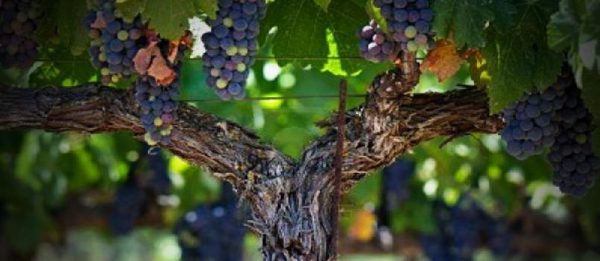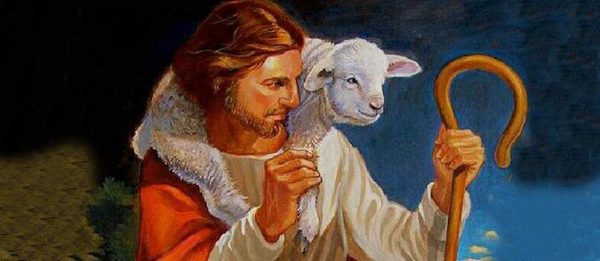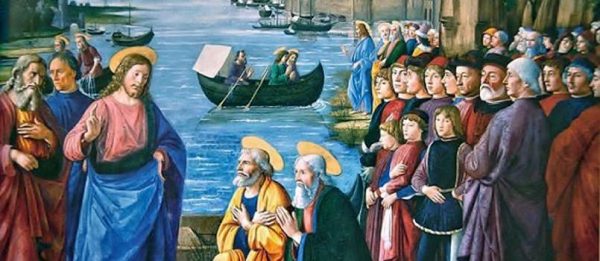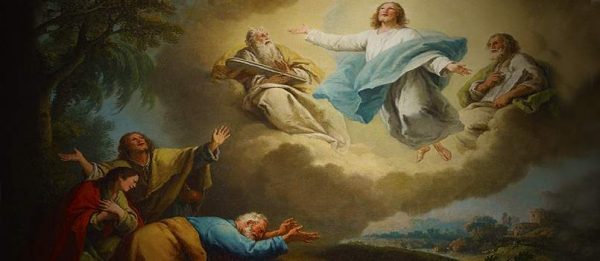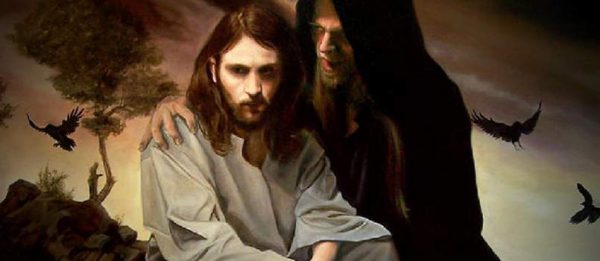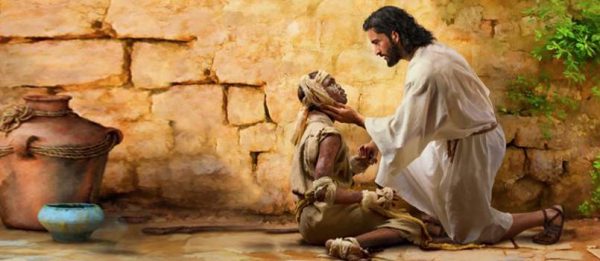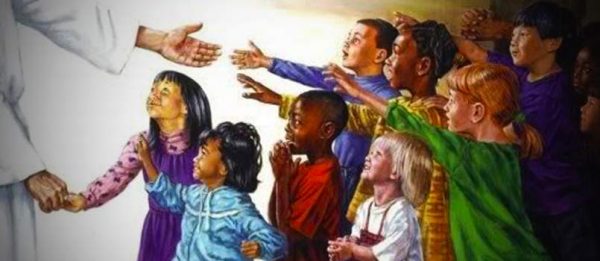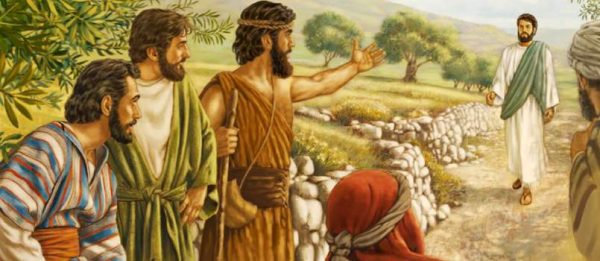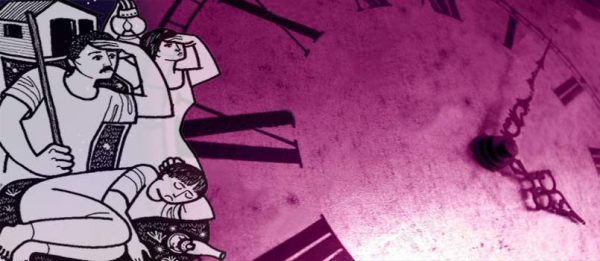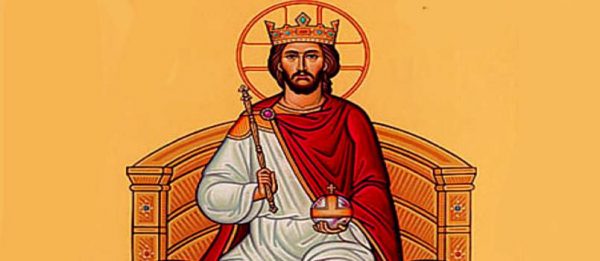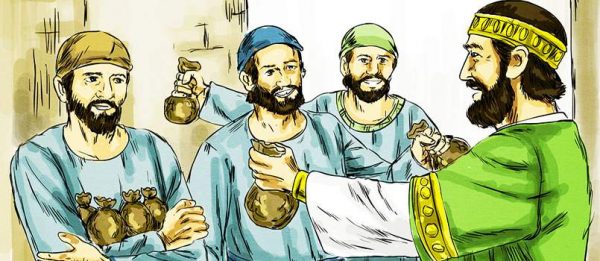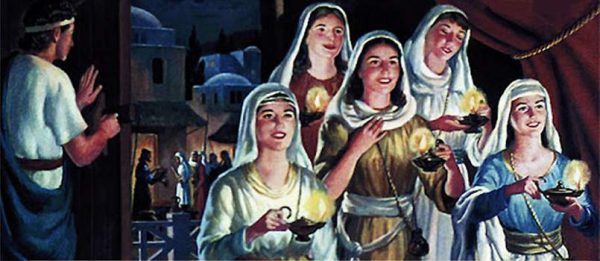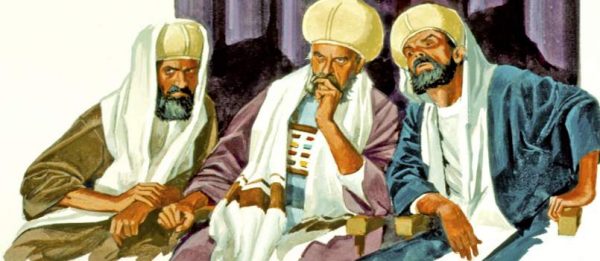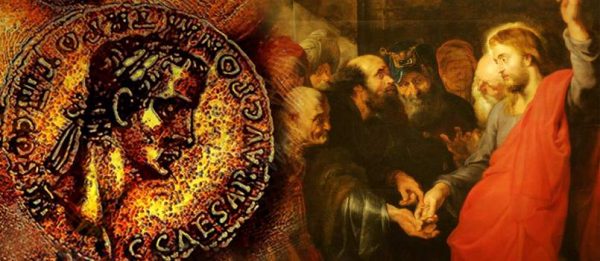484 total views
With just four weeks to go before the celebration of Christ the King marking the end of our current liturgical calendar, our Sunday gospel presents to us Jesus making a final stop in Jericho before entering Jerusalem to illustrate to us the important events He would fulfill there for our salvation. Most of all, the brief encounter of Jesus and Zacchaeus prepares us sinners like him on how to participate in this mission of salvation by Christ. Last Sunday we reflected on the importance of having the right attitude in praying; today, I invite you to emulate the two important dispositions of Zaccaheus in meeting the Lord Jesus: a desire for God and courage.
At that time, Jesus came to Jericho and intended to pass through the town. Now a man there named Zacchaeus, who was a chief tax collector and also a wealthy man, was seeking to see who Jesus was; but he could not see him because of the crowd, for he was short in stature. So he ran ahead and climbed a sycamore tree in order to see Jesus, who was about to pass that way. (Lk.19:1-4)
Once in a while there comes a time in our life when we feel something terribly missing despite our many successes and relationships. We feel always a deep urge from within, like what Bono sings “and I still haven’t found what I’m looking for.” So we go on those soul searching trips or treks in the mountains or faraway places that sometimes do the trick for some time but eventually, we realize that what we are searching for is not a something but a great Someone, God. Any soul-searching, with or without religion, will always be futile unless it is God whom we desire because He is the grounding of our very being. Self-help and even values-based management books are very popular because they all touch on this spiritual aspect of desire for God or the Holy One. In our Judeo-Christian tradition, this God is not just a realm or a thing but a Person, a relating God who revealed Himself to us in His Son who became human like us, Jesus Christ. And the good news is that it is not that difficult to find Him because God reveals Himself to us wherever we are— in our daily life and its struggles and difficulties, in our pains and hurts, even in the traffic and yes, in our sinfulness. Such was the experience of Zaccaheus: When he reached the place, Jesus looked up and said, “Zaccaheus, come down quickly, for today I must stay at your house.” (Lk. 19:5) You see that in the final analysis, what really happens is that it is not us who finds God but Him who finds us!
Second point: the need for courage because as they say, the discovery of God is not the end but the start of a journey. The true sign of finding God is one’s conversion and that is not simply being a less sinful person but getting rid of everything that slows us in following Jesus: Zaccaheus stood there and said to the Lord, “Behold, half of my possessions, Lord, I shall give to the poor, and if I have extorted anything from anyone I shall repay it four times over.” (Lk.19:8) Conversion is very difficult, requiring great courage because we not only leave everything behind to follow Jesus but we follow Him up to the Cross to die! As the saying goes, “let go and let God.” Between the words go and God is the letter “d” which stands for “dying to one’s self” when instead of answering back, we try to be silent; instead of fighting back, we simply walk away; instead of being adamant, we bend and defer; and instead of being on top, we go down, forgiving and understanding those who have hurt us. Having courage is not relying on our own powers but on God who is all-powerful as the first reading reminds us: God is able to “overlook people’s sins that they may repent” (Wis.11:23) because He is omnipotent. As we desire for God, He gives us also the grace and power of courage to follow Him, having that firm faith within like what St. Paul assures us in the second reading that amid all these trials and tribulations, Jesus is coming again.
In the light of the coming closing of our Jubilee of Mercy as well as Year of the Eucharist and Family in the Philippines, allow me to share with you a third point in this reflection from the picturesque account by St. Luke of the meeting of Jesus and Zacchaeus in Jericho. Of the many biblical characters, Zacchaeus is the only one described as “short in stature” and equally interesting too is the fact that the place where he lived, Jericho is considered as the world’s lowest town in terms of elevation at 300 meters below sea level. Both Zacchaeus and Jericho remind us something about our very selves, of the people and places we always take for granted because they are “short in stature” and below elevation. They are the ones supposed to be closest to us, our family and own home.
How often do we cause grief and pain among our parents and siblings, partners and children when we disregard them and treat them as lesser human beings with our harsh words and unkind gestures? How sad that we would rather go with friends somewhere else especially during long weekends than stay home because it is a boring place with nothing else to do? Houses have ceased to be homes with nobody staying there anymore except to sleep like hotels or dorms. Remember Carole King’s “So far away, doesn’t anybody stay in one place anymore? It would be so fine to see your face at my door?” Two thousand years ago before her was St. Luke writing this story of Zachaeus in Jericho when Jesus came to his house to remind us that salvation comes not only in majestic churches and oratories but most of all, in our very own homes too! And Jesus said to him, “Today salvation has come to this house because this man too is a descendant of Abraham. For the Son of Man has come to seek and to save what was lost.” (Lk. 19:9-10)
How sad that the family, described as a “domestic church” where people are supposed to experience Jesus and His salvation, of being loved and cared for, of being understood and forgiven has become exactly the opposite. Home in Filipino is tahanan from the root word tahan or to stop crying. Unfortunately, it is at home where we cry, even wail and weep from the pains of betrayal and physical harm so often these days. In my five years as parish priest, I have realized that most children and young people who rarely go to Mass every Sunday come from families who not only lack the desire for God but also do not care at all with their spouses and children in their homes. On the other hand, there are some churchgoers who are into various apostolates and devotions including pilgrimages to all the holy sites of the world without having Jesus in their homes that are marred with discord and divisions. The story of Zaccaheus visited by Jesus Christ in his own home reminds us that it is first in our hearts, not in our houses, where the Lord enters and dwells.
“Lord Jesus Christ, let us come home this long weekend. Fill our hearts with Your love and compassion, mercy and forgiveness, kindness and understanding, most of all, peace and joy so that our family may experience Your salvation right in our homes. Amen.”
Fr. Nicanor F. Lalog II
Parokya ni San Juan Apostol at Ebanghelista
Gov. F. Halili Ave., Bagbaguin, Sta. Maria, Bulacan.











